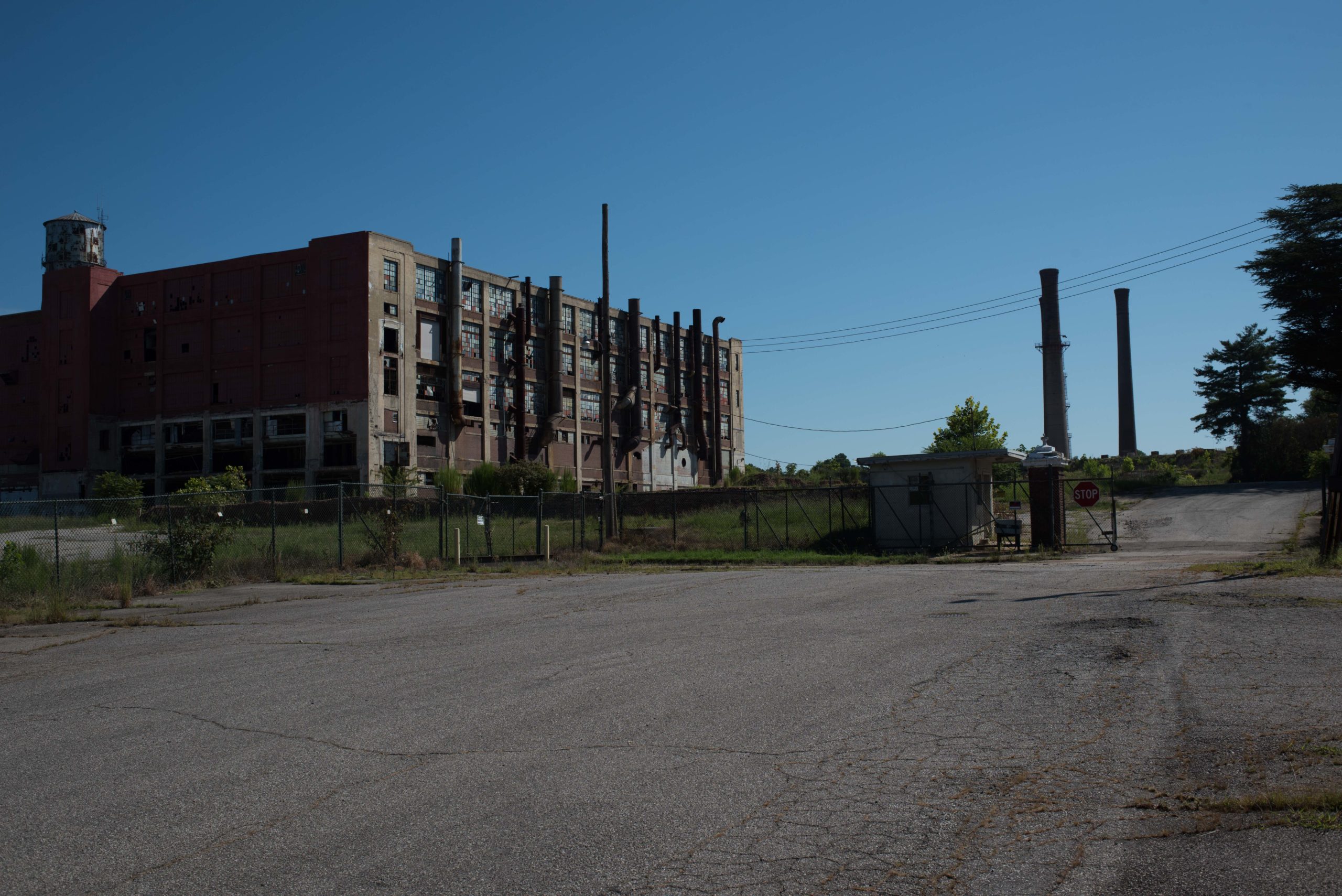
RECOMMENDED READING
The house next door sits empty again. The neighbor across the street leaves a boys jacket on my porch that she scavenged from the overflowing boxes and bags of stuff lining the lawn for the trash man. “It’s a nice jacket—could one of your boys use it? Some of the things in the boxes still have tags,” she tells me. “Brand new.”
I’m ashamed to say that I didn’t know these neighbors. They were a couple for years—I don’t think married—but with two school-aged boys. Sometimes our chickens would go in their front yard and once they lost their dog and asked us about it, and many times our kids would hit a baseball over the fence and knock on their door for permission to retrieve it, but that was the extent of our interactions, beyond polite waves and the passing of Halloween candy. The neighbor across the street tells me the reason for the sudden move. Apparently the woman decided to move to Florida to be with a former love. The man had no use for all the stuff she left behind.
Two years ago, the same house, different family, similar scenario. Material possessions stuffed in boxes and spilling onto the lawn, a red tricycle tipped on its side in the dry summer grass, crinkled red and silver tinsel hanging from its handlebars, an image I couldn’t get out of my mind because it seemed to say so much about all the losses, big and small, associated with the fallout of a family.
That time economic stressors were a significant part of the story. Married with four children, they needed two jobs to keep up with the rent and bills. He worked as a service technician hooking up people’s cable and internet, she at a daycare. When that wasn’t cutting it, she went back to school and continued to work full-time. They could afford the basic stuff they needed to get by paycheck to paycheck, but working two jobs plus school, their family couldn’t afford the rhythms of family life and the economic stability that makes families viable. They worked opposite shifts, barely saw each other, and unsurprisingly things started to unravel, leading to the red tricycle tipped in the front yard amidst the debris of a life-together abandoned. The economy is dependent on stable families who raise children eventually able to contribute to that economy, and the stability of the family is, in part and in a basic sense, dependent on the economy.
This is not to say that economic factors alone are responsible for the decline of the family, or that the creative responses of other institutions like churches and nonprofits don’t matter. But it is to say that economic policy as well as voluntarily-adopted business practices are a crucial part of the revitalization of family life.
In his essay “Removing the Blinders from Economic Policy,” Oren Cass makes the point that “just as the concept of a high and rising standard of living encapsulates countless specifics, other broad categories can help to summarize features of an economy that is serving the nation well, and thus establish the goals for economic policy. Defining and prioritizing among such categories is a critical task of the political process, though one that American politics regrettably has abdicated.” One goal, then, ought to be to encourage the kinds of workplace conditions that support families—paid sick and family leave, a just wage, fair scheduling practices, and company culture that thinks long-term and for the good of its employees rather than short-term and only for the good of its investors.
Material standard of living of course matters to families, but so does the ability to take time off when a family member is sick or when a new baby arrives, to be able to afford rent or homeownership, and to have some semblance of a consistent schedule that allows for time together. Because in the end if the family no longer functions, all that impressive economic growth—as measured by GDP to the exclusion of other indicators of well-being—becomes little more than cheap junk from Walmart, crammed into boxes and headed for the landfill.
Recommended Reading
Gimme Shelter
Only the Rich Can Play is an uncomfortable reminder that no matter how much you may appreciate an idea’s intellectual lineage or conceptual clarity, no plan survives first contact with the enemy. It deserves inclusion on political science syllabi as a case study in how a billionaire’s idea can flow from a Davos brainstorming session to Washington’s halls of power and become the law of the land.
A Nation of Boys at Risk
After decades of intensive effort and investment to create an equitable education system, not least for girls and women, the nation finds itself with a peculiar predicament: It is boys who are falling behind furthest and fastest.
What About the Rotten Culture of the Rich?
We used to joke on Wall Street that you should marry a trader at another firm, trade with only each other, and by end of the year one would have Read more…













